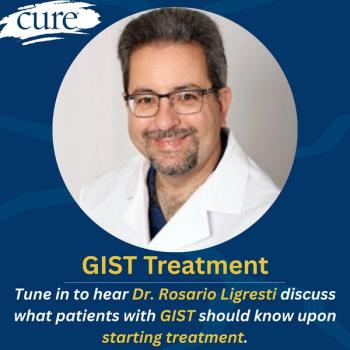
In an interview, Dr. Rosario Ligresti highlighted what patients with gastrointestinal stromal tumors, or GIST, should know upon starting treatment.

Ryan Scott is an Editor of CURE; she joined MJH Life Sciences in 2021. In addition to writing and editing timely news and article coverage, she manages CURE's social media accounts; check us out @curetoday across platforms such as LinkedIn, Facebook, X, and Instagram! She also attends conferences live and virtually to conduct video interviews and produce written coverage. Email: rscott@mjhlifesciences.

In an interview, Dr. Rosario Ligresti highlighted what patients with gastrointestinal stromal tumors, or GIST, should know upon starting treatment.
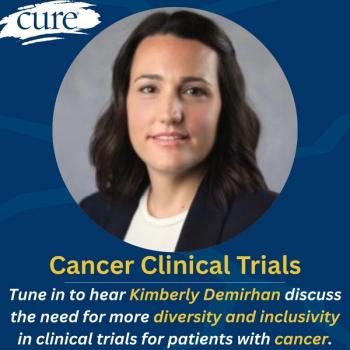
Kimberly (Cary) Demirhan discusses the need for more diversity and inclusivity in clinical trials for patients with cancer.
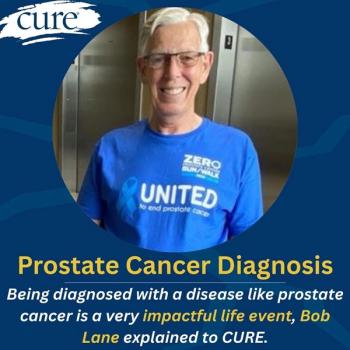
Being diagnosed with a disease like prostate cancer is a very impactful life event, making it vital to have people you love by your side.
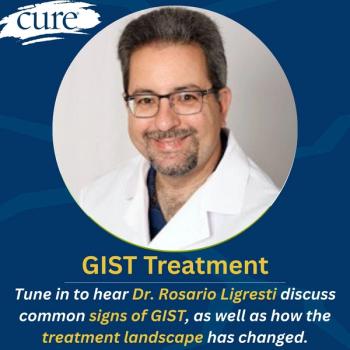
Dr. Rosario Ligresti discussed common signs and symptoms of GIST, as well as highlighted how the treatment landscape has changed in recent years.
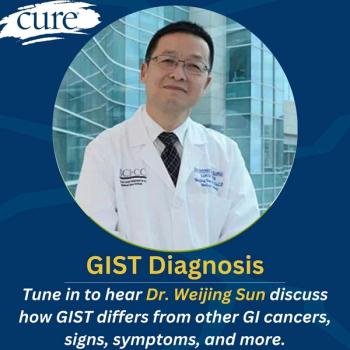
Although gastrointestinal stromal tumor, or GIST, is a rare type of cancer, between 4,000 and 6,000 people are diagnosed with GIST in the U.S. yearly.
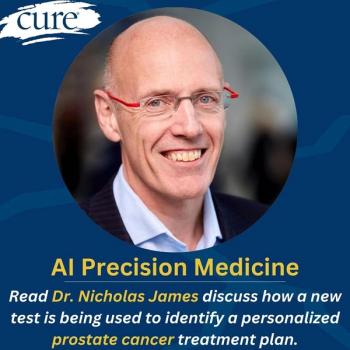
A new AI precision medicine test is being used to help clinicians better identify a personalized treatment plan to treat patients with prostate cancer.

Data show that the cancer vaccine Cylembio plus Keytruda demonstrated clinical improvement in progression-free survival in unresectable/advanced melanoma.
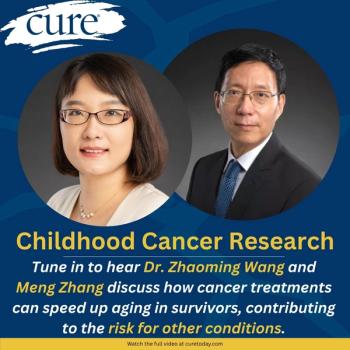
Cancer treatments can speed up aging in survivors, according to research, which can contribute to a person's risk for conditions like heart disease.
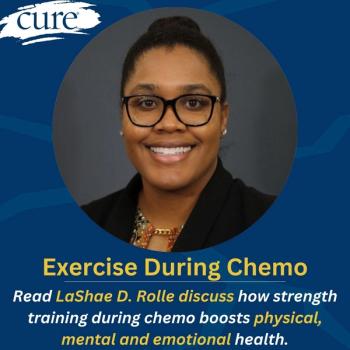
Breast cancer survivor and researcher LaShae Rolle studies how individualized strength training during chemo boosts physical, mental and emotional health.

Dr. Jacob Sands explained that he believes patients should be having more personalized, nuanced conversations with their oncologists.

Keytruda and Padcev generated promising topline results for those with muscle-invasive bladder cancer who are ineligible for cisplatin-based chemotherapy.

Childhood cancer treatments can accelerate biological aging which increases survivors’ risk for long-term health issues like heart disease and obesity.
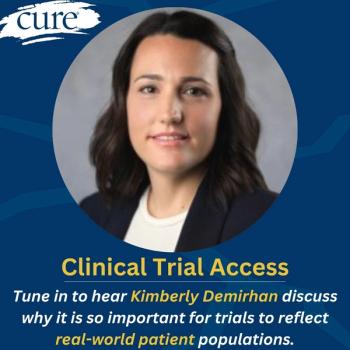
It is vital that clinical trials for patients with cancer shift to a more representative approach to accurately reflect real-world patient populations.

The FDA has approved the Oncomine Dx Target Test to identify patients with HER2-mutant non-small cell lung cancer who are eligible for Hernexeos treatment.
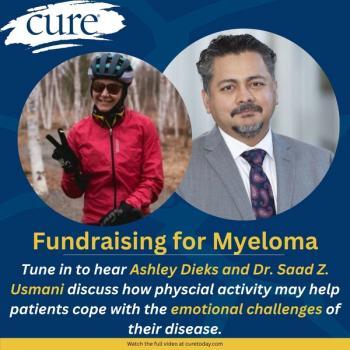
Ashley Dieks and Dr. Saad Z. Usmani discussed how bicycling may help patients cope with the emotional and physical challenges of their myeloma diagnosis.
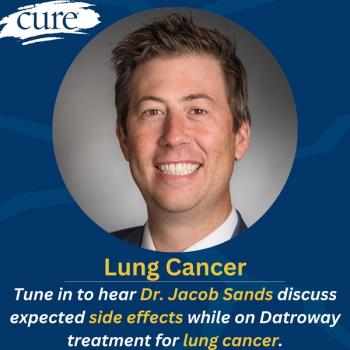
Beginning treatment for your lung cancer often brings questions surrounding what side effects will be experienced, according to Dr. Jacob Sands.
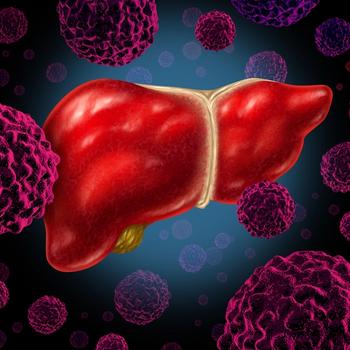
The incidence of hepatocellular carcinoma has risen between 2010 and 2019; however, for people under 50 years of age, the proportion of cases has declined.

The U.S. FDA granted accelerated approval to Modeyso for patients with diffuse midline glioma with an H3 K27M mutation with progressive disease.

Following the June 2025 FDA approval of Datroway, Dr. Jacob A. Sands explained the significance of the regulatory approval for patients with lung cancer.

The first patient in the U.S. has been dosed with a novel radioactive medicine to treat advanced breast cancer as part of an international clinical trial.
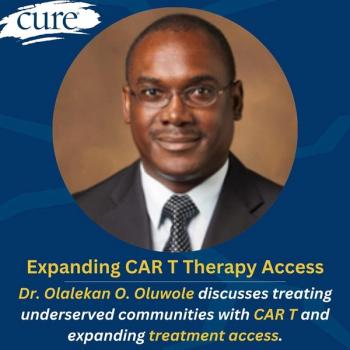
Dr. Olalekan O. Oluwole, discusses treating patients from underserved communities with CAR T-cell therapy, as well as highlighted the therapy's evolution.

Kasey Bowden highlights the importance of recognizing financial toxicity and shares advice with those who feel lost in the healthcare system during cancer.

In July of 2025, the U.S. Food and Drug Administration approved various anti-cancer treatments and therapeutic approaches across a range of disease types.

The U.S. FDA has granted fast track designation to treatment with CLD-201, an oncolytic virus, for patients with soft tissue sarcoma.
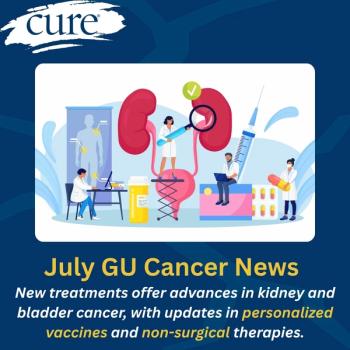
As July concludes, new treatments offer advances across kidney and bladder cancer, with breakthroughs in personalized vaccines and non-surgical therapies.
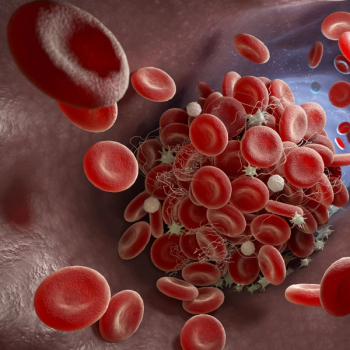
AbbVie submitted a supplemental new drug application for Venclexta plus Calquence treatment in previously untreated chronic lymphocytic leukemia.
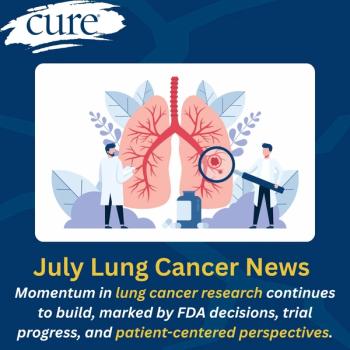
As July concludes, momentum in lung cancer research continues to build, marked by FDA decisions, trial progress, and patient-centered perspectives.
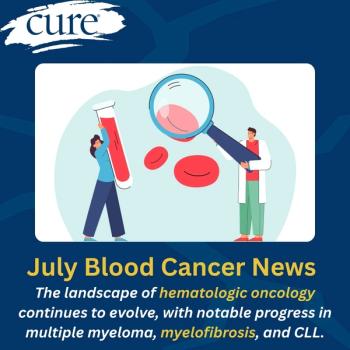
As July concludes, the landscape of hematologic oncology continues to evolve, with notable progress in multiple myeloma, myelofibrosis, and CLL.
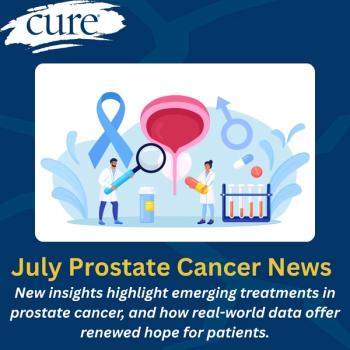
New insights highlight how prostate cancer is now managed as a chronic disease, with emerging treatments and real-world data offering renewed hope for patients.
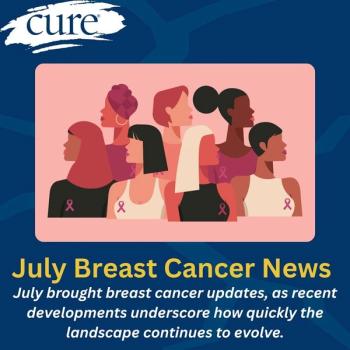
July brought major breast cancer updates, and CURE is sharing the latest, as recent developments underscore how quickly the landscape continues to evolve.